Garibaldi… who does not know the man who unified Italy?
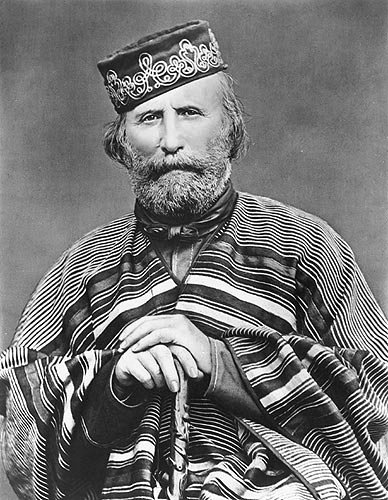
Well, in fact, the merit was not all his and the old man does have a fair share of critics, but what can we do: Garibaldi’s is a case where popular belief has made a far deeper impression than history itself. Whatever he really did, whether he was a good or bad commander, Italians are not likely to give up on one of the few positive heroes of their history.
There is a lot Italy does not know about Garibaldi, though, starting with his honorable connection with the United States of America and with their best known president: Abraham Lincoln. The pair knew each other, or better, of each other enough that the Italian almost swapped his famous red shirt for the dark blue uniform of Lincoln’s Unionist army. Yes, you read it right: Garibaldi could have become one of United States’ hero, too.
And you know what?
Just to demonstrate that Italians, indeed “sono come il prezzemolo,” that is, they turn up everywhere, they managed to get involved in the Civil War even without Garibaldi leading them.
Read on to discover, then, what actually happened between Garibaldi and Lincoln and how plenty of Italians fought on US soil in the war widely considered, because of military techniques employed and the number of casualties and deaths, the first modern war in the history of mankind.
Lincoln and his proposal to Garibaldi
In the month of October 1860, the “Spedizione dei Mille” through which Garibaldi had freed southern Italy from foreign domination, officially came to an end with the legendary meeting at Teano, between the Italian military leader and King Vittorio Emauele II. The Kingdom of Italy under the Savoia’s family rule was to be officially created only a few months later, on the 17th of March 1861, but that day was the real, albeit non-official, moment when Italy became politically an (almost) unified country.
Instead of resting after months of military campaigns, our Giuseppe kept active his involvement in Italian politics and internal affairs, speaking out for the incorporation of southern Italian men who fought along with him during the “Spedizione dei Mille” into the Savoia’s Royal Italian Army.

While busy with it, Garibaldi received an interesting offer. It was the beginning of the Summer of 1861, when the US Consul in Antwerp sent him a letter to inform him that “with the authorization of the US Government (and that translates with ‘the authorisation of Abe Lincoln’ ye all, a/n ) I would like to offer you a commander position in the Unionist Army, sure that thousands of American citizens would be honored to fight for the ‘George Washington of Italy’.”
Surely, Garibaldi’s world popularity had a part in Lincoln’s request, but historians tend to believe it was largely a propagandistic move in the hope that the Italian’s fame as a courageous yet humble leader could attract a large number of recruits for the Union.
Once received Lincoln’s request, Garibaldi did something unusual for him: he hesitated. His primary military interest in that period was the conquest of Rome and leaving Italy to fight in a different country was not among his plans. At the same time, giving a straight “no” to Lincoln seemed like a bad idea, so good, old Giuseppe passed the buck to Vittorio Emanuele II, in the hope the King would have a reason to keep him in Italy. The Savoia returned the favor, sent the bucket back and told Garibaldi to do as he pleased.
Back to square one, but never one to call himself a looser, Garibaldi decided there was only one way to refuse Lincoln’s proposal without neither passing as coward, nor offend the president: he answered he was to accept only under precise conditions. Nothing strange, you may think, and I would agree with you if it was not for the fact Garibaldi’s conditions were blatantly unacceptable to Lincoln, and the Italian knew it.
First of all, he demanded to become the head of the Unionist army, unthinkable act, as General Grant was untouchable. Then, he requested to have slavery abolished at once, without following Lincoln’s own proposed plan to rid the US of slavery in steps, in order to minimise heavy social ripercussions. Garibaldi knew Lincoln could not and would not accept his requests and strategically placed them with the clear intent of getting a refusal from the President, avoiding so to take full responsibility.
Garibaldi never wore the iconic dark blue uniforms of the Unionist army, but this does not mean there were not plenty of Italians sporting the color and fighting for Lincoln. Or for General Lee, as a matter of fact. And even if he refused Lincoln’s offer, Garibaldi’s spirit was certainly present during the conflict, as Italian soldiers during the American Civil War notoriously found inspiration in his actions and took part in large part to the conflict on both sides.
The Italians who fought the American Civil War
Yes, Italians, fought during the American Civil War, both along the Confederates and the Unionists, always inspired by the figure of Garibaldi. According to the literature, at least 11.000 soldiers had declared to be born in Italy when they enlisted: most of them had come to join relatives, who had been already living in the US, especially in the New York area, where Italians had settled numerous.
Italians in the Unionist Army
At least two units of Italian voluntary soldiers joined the Unionist army in May 1861. The Italian Legion added a tricolored ribbon and the motto vincere o morire (winning or dying) to the Unionist flag; the Garibaldi Guards 39th New York Infantry Regiment used the Italian flag used by Garibaldi himself in Lombardia in 1848 and in Rome in 1849. The Garibaldi Guards uniforms were also inspired by those of the Italian Army, especially their hats, which mirrored those of our own Bersaglieri. They remained active from 1861 to the 1st of July 1865. The were guided by Colonel Frederick George D’Utassy and participated to several crucial battles, including that of Gettysburg, the Wilderness and that of the Appomattox Court House.
Italians in the Confederate Army
As said, Italians did not only fight for the Union, but also along with the Confederate troops. Most of them were voluntaries, part of the Garibaldi Guards – Italian Battalion Louisiana Militia. In 1862, the Guards became the Sixth Regiment European Brigade. They, also, fought while flying an Italian flag emblazoned with the Italian motto vincere o morire, just as the Unionist Italian Legion. Among the battles they fought those of First Bull Run, Croos Keys, Wilderness, Cold Harbor and Petersburg.
Francesca Bezzone







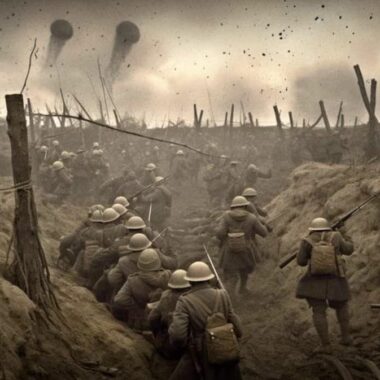
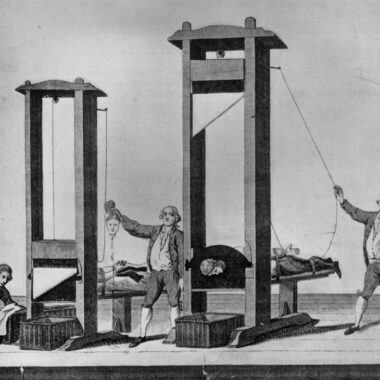
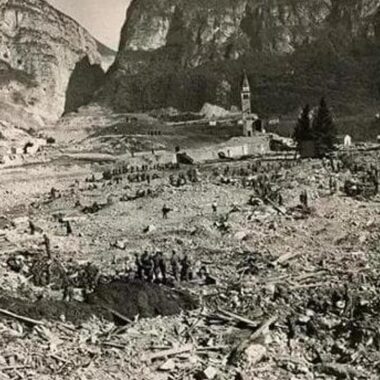
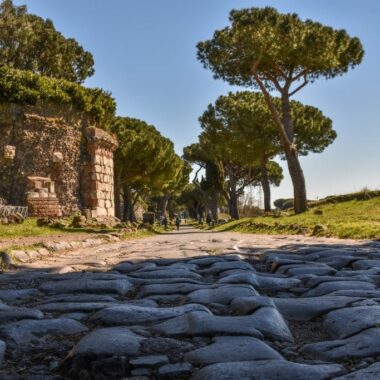

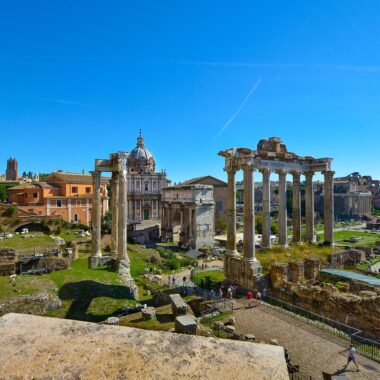
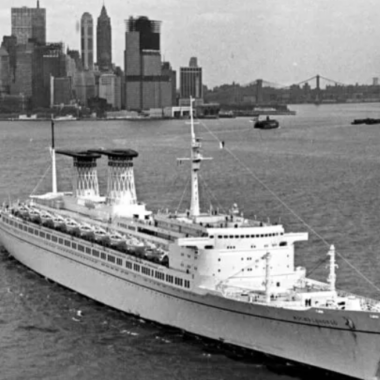


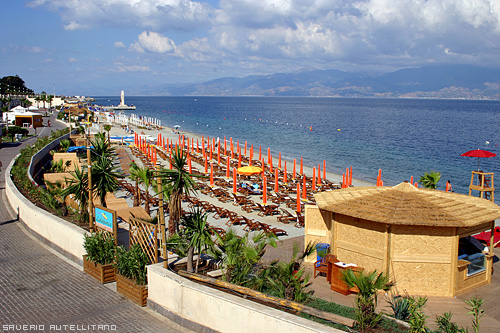
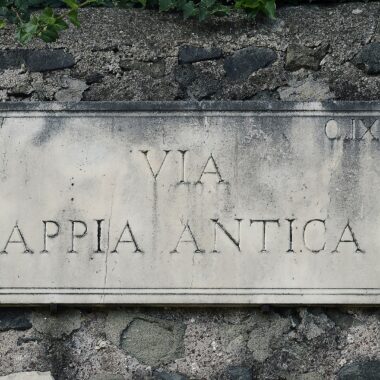
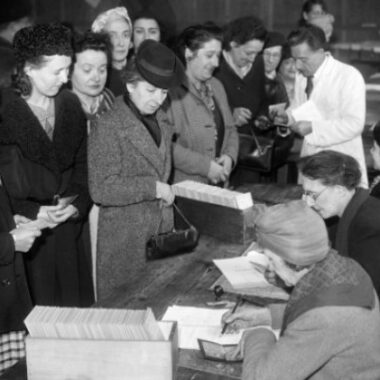

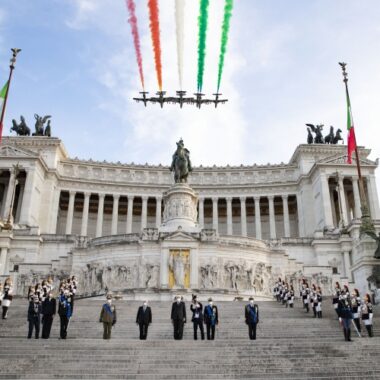
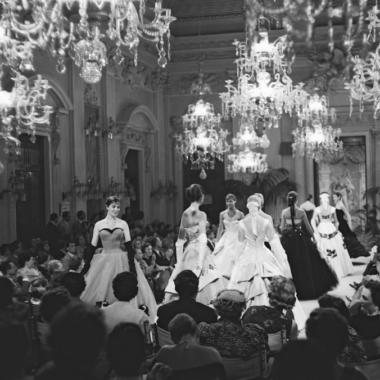
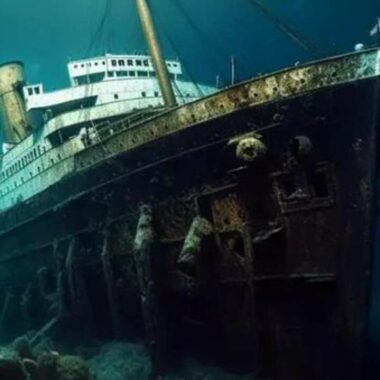
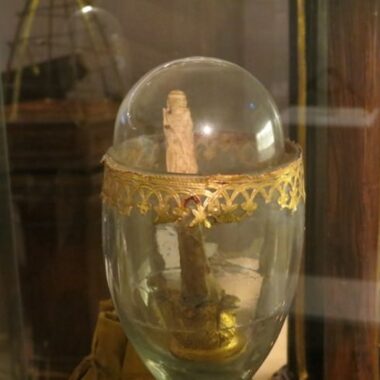
Agreed Grant was not the Union General. As I have heard, Lincoln’s Major Generals were failing and being rotated out. …. Also in 1861 Lincoln did not favor or propose a “graduate” emancipation. While Lincoln opposed slavery, Lincoln asserted that the Constitution did not allow him to change slavery…… Lincoln first began issuing orders that items used in rebellion against the United States such as guns or wagons could be confiscated. Lincoln’s third order in 1863 added confiscation of slaves as slaves were being used in rebellion against the United States. ….. Garibaldi in 1861 stated to make the war first ending slavery in America, then the Caribbean, and then South America.
Actually, in 1861, Grant was not yet commander of the Union armies. Indeed, Garibaldi had tons more practical experience in commanding an army than any American officer outside of, maybe, Lee. Lincoln might well have accepted that – and Union performance in the early years of the war might well have been much improved. It was probably the demand for immediate emancipation that did in the request, for pretty much the reason cited.
Excellent information regarding the period in both Europe and America